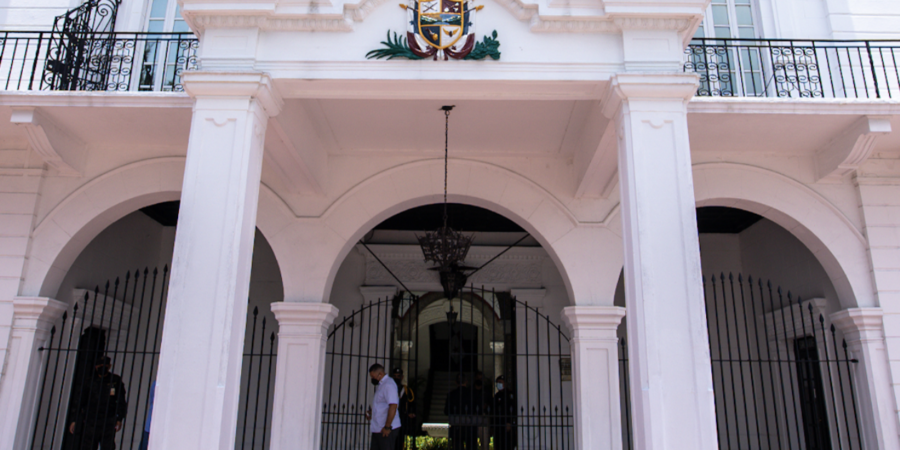In a significant decision for the Republic of Panama, which undoubtedly has positive effects for the country’s economy, the European Union Commission has announced the elimination of Panama from the European Union’s list of high-risk countries due to strategic deficiencies in the prevention of money laundering and terrorist financing.
After examining the progress presented by the country in the prevention of money laundering and against the financing of terrorism, to remedy the strategic deficiencies in this area, the Commission welcomed the important advances presented by the Panama technical team in improving its anti-money laundering and terrorist financing regime.
Among them, it was observed that the country not only strengthened the legal and regulatory framework to comply with the commitments of the action plan on the strategic deficiencies identified by the International Financial Action Task Force (FATF), but also implemented important mechanisms that showed the effectiveness of the measures adopted.
The exclusion of the country from this list is obtained after a process initiated in October 2020, in which important measures have been implemented to combat these scourges.
The announcement made today Thursday by the European Commission, by which it modifies, through an annex, the Delegated Regulation (EU) 2016/1675, will enter into force twenty days of its publication in the Official Journal of the European Union, allowing the country to take an important step towards international transparency.
On October 27, 2023, Panama was excluded from the FATF’s grey list, so, to date, it is not subject to the intensified monitoring process by that agency within the framework of its current global compliance process in the fight against money laundering and the financing of terrorism. In this regard, Panama has reiterated that it will continue to work with the Latin American Financial Action Task Force (GAFILAT) to continue strengthening its regime and stay at the forefront in terms of the sustainability evidenced by the fulfillment of the action plan.
As part of the actions developed for the exclusion from this list, the following stand out: the modification of the rule for the prevention of money laundering and terrorist financing (AML/CFT), adoption of the Single Registry of Final Beneficiaries, through Law 129 of 2020 and the issuance of the Final Beneficiary Guide that has made it possible to strengthen the knowledge of the obligated subjects.
The recognition of international organizations of the actions implemented by Panama results in a positive impact on multiple aspects of the Panamanian economy since it improves the international image of the country and recognizes the application of high standards in terms of transparency, facilitating international economic and financial relations.
With the departure of these lists, Panama not only demonstrates its leadership in the face of the national and international commitment in terms of the fight against money laundering and the financing of terrorism, but also maintains itself in the effective and timely development of tangible actions that allows to maintain jurisdiction in a competitive position in the international financial community.
This achievement is the result of the joint work between the National Coordination of Panama on the prevention of money laundering and terrorist financing, led by the Ministry of Economy and Finance, together with the competent authorities, the private sector and the international community.
The Minister of Economy and Finance of Panama, Héctor Alexander, the director of International Financial and Fiscal Strategy of the MEF, national coordinator AML/CFT of Panama and technical secretary of the National Commission against Money Laundering, Financing of Terrorism and Financing of Proliferation of Weapons of Mass Destruction (CNBC), Isabel Vecchio Arófulo, and the ambassador of Panama to the European Union Yavel Francis, participated in technical meetings together with the team of the Directorate General of Financial Stability, Financial Services and Union of the Capital Markets, department of the European Commission responsible for EU policy in terms of financial services, resulting in this important achievement.
